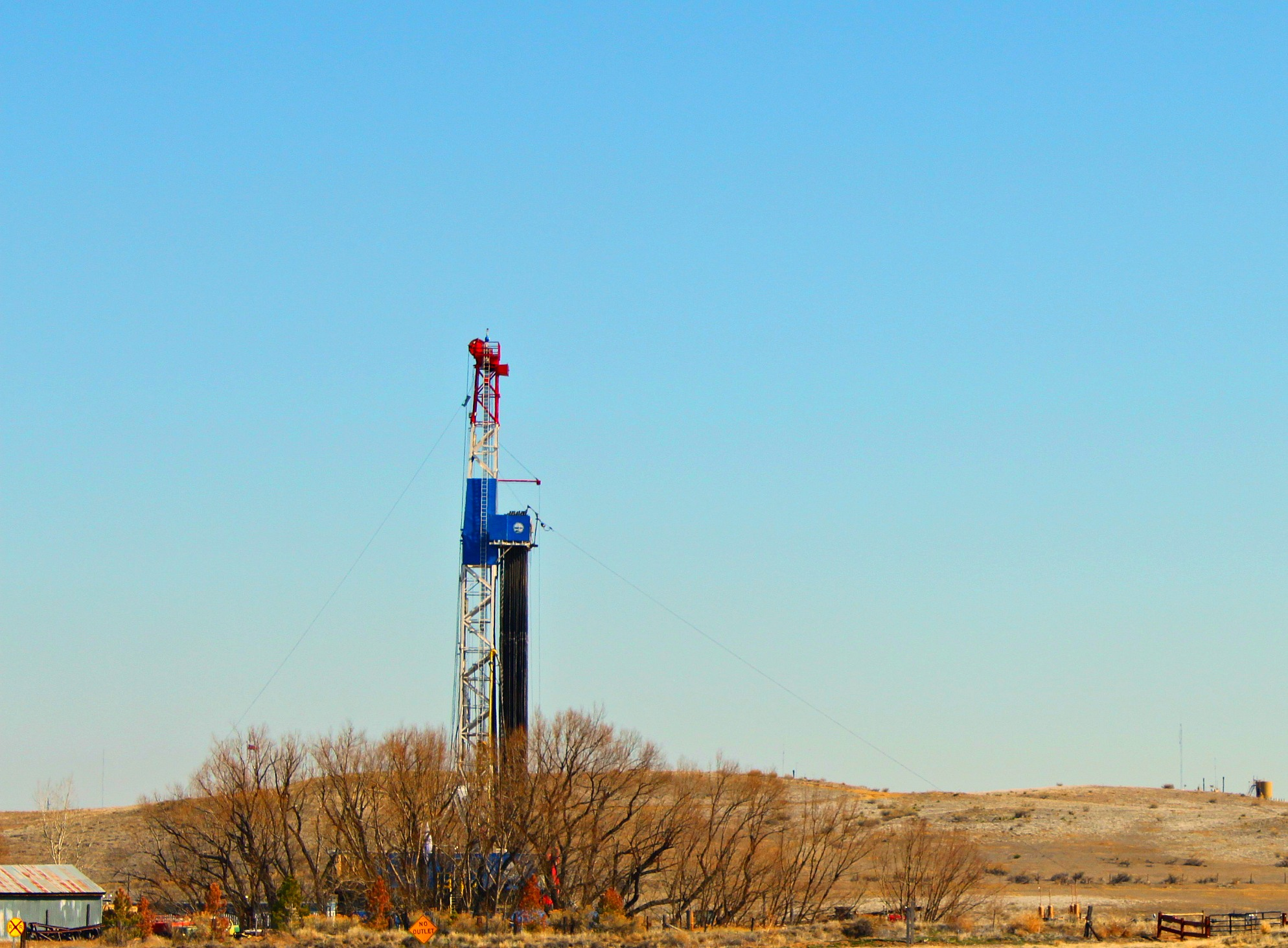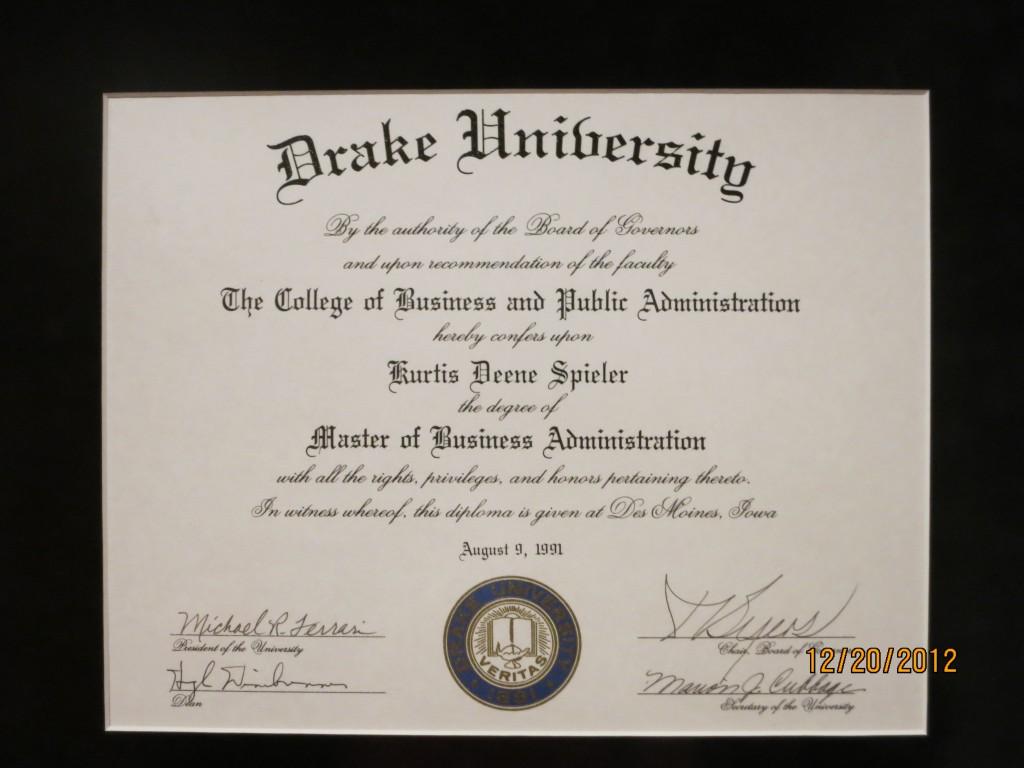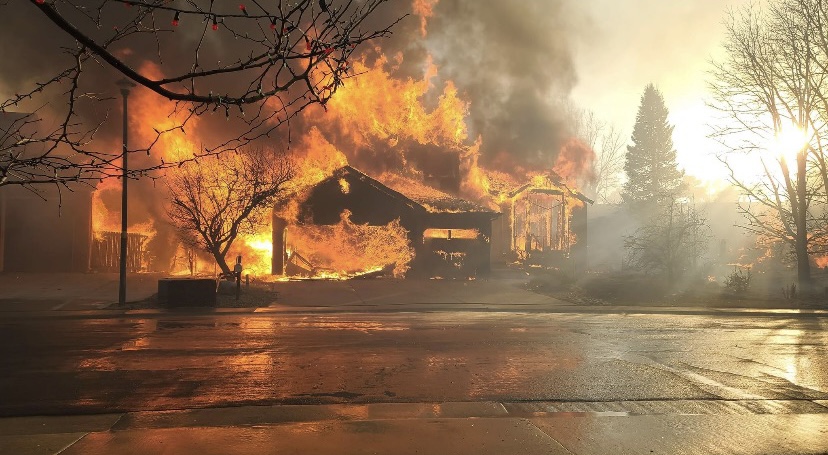It’s more than just a controversial issue in the world of energy, and it is more than just a political issue—it is an issue rooted in both moral and environmental legitimacy. Hydraulic fracturing, otherwise known as “fracking,” is the newest procedure used by oil and gas companies to expel natural gas from the Earth. “[A potential benefit to fracking is] getting access to a substantial oil and natural gas source that we have here in the United States,” commented Shannon Canfield, a Colorado School of Mines graduate who worked in the gas and oil industry for eight years.
Fracking is a hot topic not only on a national level, but also within states such as Colorado. Although the prospective value and resourcefulness of natural gas is abounding, the process by which these companies are getting the gas has been found to have some environmental factors that worry citizens in close proximity to these wells. In response to concern with fracking and the possible effects it could have on the community, the Fort Collins City Council imposed a ban at the beginning of March restricting drilling hydraulic fracturing wells within city limits.
A main concern of citizens within Fort Collins is contamination of water sources, pollution and uncertainty of chemicals located within the fracking fluid, some of which are rumored to contain radium, radon and other known carcinogens. “[Oil companies] are just figuring out what works best to get oil out of the ground which is not necessarily what is most environmentally friendly, and we don’t really know what these chemicals are so we can’t prepare for the potentially consequences of contamination,” said Canfield, who is a current graduate student at Colorado State University.
This recently-added imposition on gas companies only allows gas and oil companies to not use the hydraulic fracturing process, but still allows them to conventionally drill gas. The Fort Collins Coloradoan interviewed Scott Hall, the CEO of Prospect Energy, a privately-owned, small gas and oil company. In the interview Scott said that fracking is “the Achilles heel of the gas and oil industry.”
Ironically, Fort Collins is not the first Colorado city to decide to ban fracking within city limits. In November of last year, Longmont banned the process of fracking, as well as the storage and disposal of fracking fluids and materials within city limits. The Longmont ban sparked interest in not only the gas and oil industry, but within the state government; Colorado Governor John Hickenlooper even warned that a lawsuit may ensue because the state government has the authority to regulate drilling. This did not stop the members of the Longmont community who wanted to keep their public domains free from both the sight and the exposure to fracking materials and the pollution the well pads exude.
Gov. Hickenlooper has repeatedly announced his support to help gas and oil companies retain their fracking sites within the state, but this has not been met without opposition from anti-fracking organizations, including the Fort Collins Clean Water Action and Save Colorado from Fracking. But this issue is much bigger than the two communities taking a stand against fracking—it could potentially become a problem at the state level. The problem, according to Hall in his interview with the Coloradoan, is that large, corporate gas and oil companies do not realize the magnitude and force with which anti-fracking supporters and organizations are moving within a community, and is lighting an anti-fracking wildfire.
These massive, conglomerate companies are not silent on these newly imposed restrictions. The Colorado Oil and Gas Association, is the main lobbying group for the industry, and is accusing Longmont of encroaching on their rights to the minerals and oil beneath the parks, streets and reservoirs in the city. Their battle is not over and is still being fought by a legal standpoint by major gas and oil companies who feel robbed of their most valuable asset to their business.
The same battle has erupted in Fort Collins with this recently passed law, and has caused the Colorado Petroleum Association and the Colorado Oil and Gas Association to threaten to bring forth lawsuits against Fort Collins. “I think that it is a little bit silly for companies to sue for not being able to frack within their city limits, there is a lot of other space in Colorado where they can frack,” Canfield said.
Fort Collins City Council members have released that they intend to help small companies, such as Prospect Energy, to continue to frack if they follow certain environmental regulations, but are not releasing any other information regarding that pending arrangement. Canfield is hoping that the ban in Fort Collins with encourage other cities to follow suit. “My hope is that more cities will start to ban fracking and will force the state to take a closer look at fracking, instead of just giving open reign to the oil companies.”



















